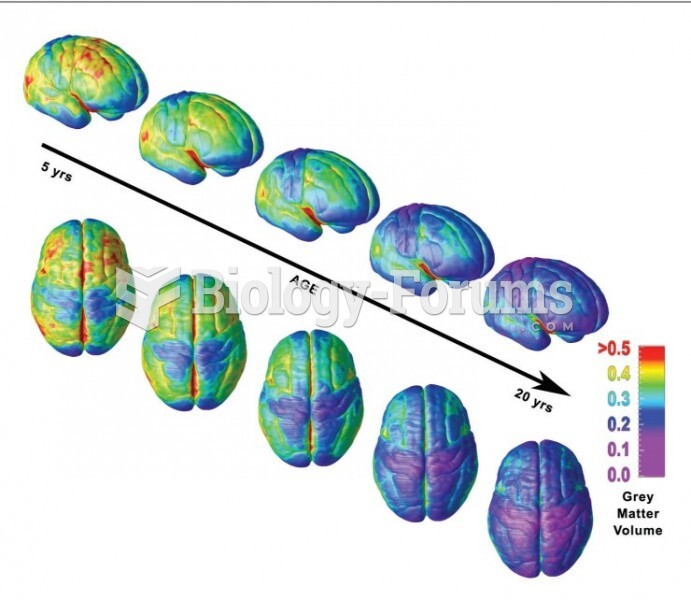This topic contains a solution. Click here to go to the answer
|
|
|
Did you know?
Adolescents often feel clumsy during puberty because during this time of development, their hands and feet grow faster than their arms and legs do. The body is therefore out of proportion. One out of five adolescents actually experiences growing pains during this period.
Did you know?
Vaccines prevent between 2.5 and 4 million deaths every year.
Did you know?
The first oncogene was discovered in 1970 and was termed SRC (pronounced "SARK").
Did you know?
There are more nerve cells in one human brain than there are stars in the Milky Way.
Did you know?
The human body produces and destroys 15 million blood cells every second.







